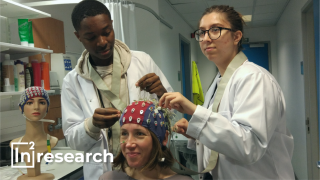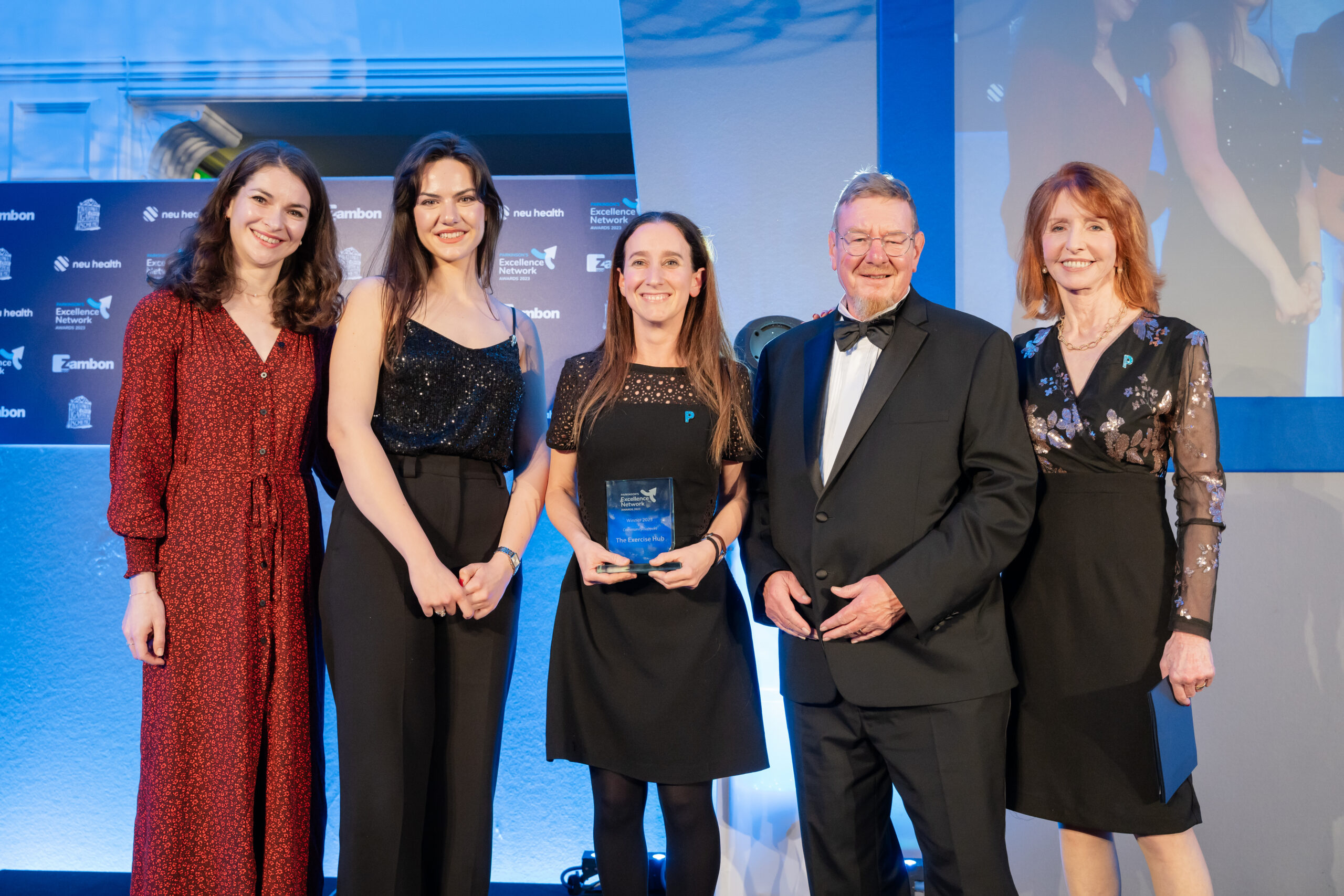In2research launches: Empowering undergraduates and graduates from disadvantaged backgrounds to progress into careers in research and academia
In2research will provide paid placements in STEM research at top universities for people from disadvantaged backgrounds to gain insight into postgraduate research. Participants will also receive mentorship from leading researchers in the science, technology, engineering and maths sector workshops, and away days.

The Centre is launching a new programme, In2research, that will place talented people from disadvantaged backgrounds on the path to research careers in STEM by offering paid work experience in research at top universities. These institutions are funding the programme alongside DeepMind, Cancer Research UK, and Sainsbury Wellcome Centre.
Founded in collaboration with the In2scienceUK, the programme has been established to directly address the long-running problem of the underrepresentation of people from disadvantaged backgrounds in academia, medicine, and science. Just 10% of life science professionals, 15% of academics and 6% of doctors come from working class backgrounds.
Lila Ibrahim, Chief Operating Officer at DeepMind comments:
“For university students to succeed and thrive in STEM careers, it’s key to build connections and gain first-hand experience of life in industry and academia. It’s particularly important for undergraduates from under-represented groups to have support as they consider options in STEM at a pivotal moment in their lives. Thanks to In2research, talented individuals can have even more support, access and insight into postgraduate studies. We’re delighted that DeepMind is supporting the programme as a founding industry partner.”
There are a variety of factors that can lead to underrepresentation, including the non-standardised and often unclear application processes at PhD level, as well as a lack of access to the social networks that help people navigate the complex route into academia. Meanwhile, applicants for research positions also need previous research experience, which is hard to find and tends to be unpaid. Therefore, in addition to providing 8-week paid placement opportunities, the In2research programme offers participants:
Mentorship from top research professionals matched with participants based on specific STEM interests;
Away days aimed at exploring career pathways, boosting confidence, and practicing networking skills;
Workshops covering key research and application skills.
Each mentor and placement host will gain high quality training, delivered in collaboration with Leading Routes and UPSIGN – two community organisations that work with black and Pakistani students respectively to ensure that they too have the tools needed to receive a positive and nurturing experience.
Dr Rebecca McKelvey, Founder of In2scienceUK, said:
“People who hold postgraduate qualifications, particularly those with PhDs, are the experts of our society. They are often involved in policy making and policy implementation at the highest level. Those policies shape everything, from our health and welfare to our data and the technology we use. It is the people entering postgraduate research today that will solve the future’s greatest problems. Underrepresentation in these fields will produce poorer outcomes for those underrepresented groups and that is what we have set out to tackle with this programme.
“Academia is very difficult to access. Unlike the university application, there is no clear application process and gaining unpaid research experience is not an option for many who might not have the connections or financial support to take up unpaid work. That is why it is so important that higher education and industry collaborate to help people overcome those barriers. We are delighted to be receiving vital support from major institutions such as our industry partner, DeepMind.
“In2research will support people who are smart, interested and passionate to progress to research careers and help us shape a more equal future in the health, technology, engineering, and maths of our society. We hope this will inspire more organisations across industry and education to help us make a real difference in people’s lives while boosting the UK’s talent pool of future innovators.”
Cassandra Hugill, Public Engagement Manager and Diversity and Inclusion Officer at Wellcome Centre for Human Neuroimaging said:
“In2research aims to bring diversity to postgraduate research, while also focusing on changing research culture to be more inclusive by raising cultural and race literacy. Inclusion is about abandoning this term ‘hard to reach’ and recognising that traditional methods of academic progression only work for a specific group of people. It’s about broadening our knowledge and ensuring we are providing opportunity and a sense of belonging for as many people as we can within research.”


